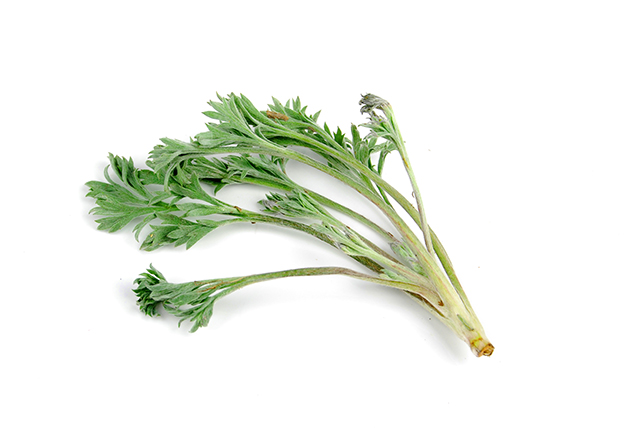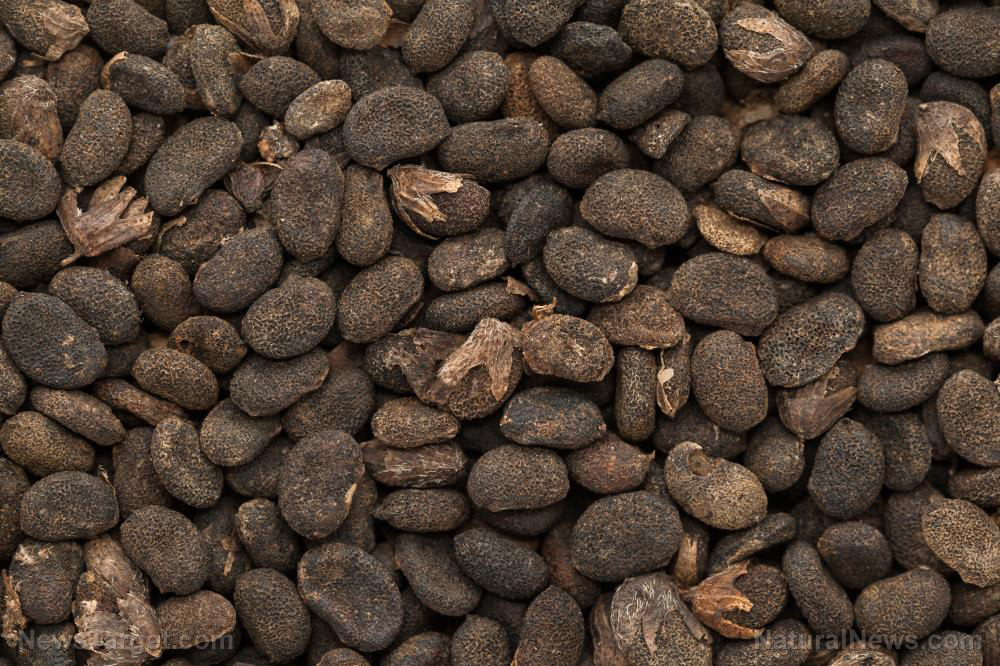Jurubeba, a nightshade common in Brazil, found to have liver protective, analgesic and antioxidant properties
06/19/2019 / By Michelle Simmons

Recent studies indicate a renewed interest in herbal medicine. Researchers at the Federal University of Rio de Janeiro and Oswaldo Cruz Foundation in Brazil looked at the potential health benefits of the traditional medicinal plant called jurubeba (Solanum paniculatum) and found that its leaves exhibit potent analgesic and liver-protective effects.
Jurubeba is a small tree that grows up to 3 meters (m) high. It has heart-shaped leaves that are smooth on top and fuzzy underneath, and it produces a small, yellow fruit and lilac or white flowers. The researchers noted that in Brazil, various parts of the plant, including the roots, stems, fruits, and leaves, have many uses. They are used in herbal medicine as an antipyretic, analgesic, diuretic, carminative, tonics, and anti-inflammatory. They are also used to relieve symptoms of stomach and liver problems. The plants’ leaves are used for treating intestinal parasites, diarrhea, and other digestive problems, while its flowers are used for respiratory ailments like bronchitis and cough. Its roots and fruits are used in folk medicine for arthritis and anemia. (Related: This Brazilian plant is a great natural antidiarrheal agent.)
For the study, the researchers evaluated the chemical profile of an ethanolic extract of the leaves of jurubeba. The researchers found that jurubeba leaf extract contains 35 flavonoids, esters of hydroxycinnamic acid, and isomers of chlorogenic acid.
To investigate the liver-protective potential of the plant, the researchers used a mouse model of acetaminophen poisoning — a common mode of liver toxicity in humans. They treated mice with jurubeba leaf extract. The results revealed that the extract exhibited protective effects against acetaminophen-induced liver damage.
Mother Nature's micronutrient secret: Organic Broccoli Sprout Capsules now available, delivering 280mg of high-density nutrition, including the extraordinary "sulforaphane" and "glucosinolate" nutrients found only in cruciferous healing foods. Every lot laboratory tested. See availability here.
The researchers also assessed the analgesic potential of the extract by measuring the times the animals writhed in response to an acetic acid injection. The results showed that the extract exhibited analgesic potential, which was comparable to those of acetaminophen.
From these findings, the researchers concluded that jurubeba leaves might be used as an analgesic and as a promising herbal medicine for the treatment and prevention of acetaminophen poisoning, a common cause of liver failure.
Jurubeba as a natural remedy for gastric disorders
Jurubeba is used in folk medicine to treat gastric disorders – something that a study published in the journal Phytomedicine has confirmed.
For the study, a team of researchers at the Federal University of Sau Paulo used freeze-dried water extracts obtained from various parts of the plant: flowers, fruits, leaves, stems, and roots. To assess the extracts’ anti-ulcer and anti-secretory gastric acid activities, the research team administered 0.5 to 2 grams per kilogram (g/kg) body weight in pylorus-ligated mice.
The results showed that the water extracts of roots, stems, and flowers of jurubeba inhibited gastric acid secretion in mice; the leaf extracts did not affect gastric acid secretion; whereas the fruit extracts stimulated gastric acid secretion. When the researchers induced hypersecretion of gastric acid in mice by causing stress, the root extract exhibited a protective effect against the production of gastric lesions. The researchers explained that the antiulcer activity of jurubeba plant extracts may be related directly to a powerful anti-secretory activity. In addition, jurubeba plant extracts were safe to use up to 2 g/kg body weight as they did not cause any toxic side effects.
“Collectively, the results validate folk use of Solanum paniculatum L. plant to treat gastric disorders,” the research team concluded.
For more articles about natural remedies for liver problems, visit NaturalCures.news.
Sources include:
Tagged Under: alternative medicine, analgesic, antioxidants, herbal medicine, jurubeba, Liver, liver damage, liver failure, liver health, liver toxicity, natural cures, natural medicine, natural remedies, plant cures, prevention, research, Solanum paniculatum


















